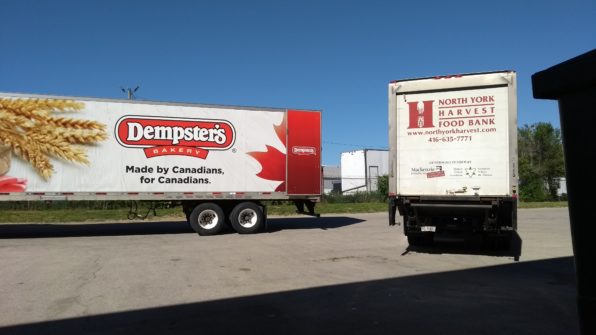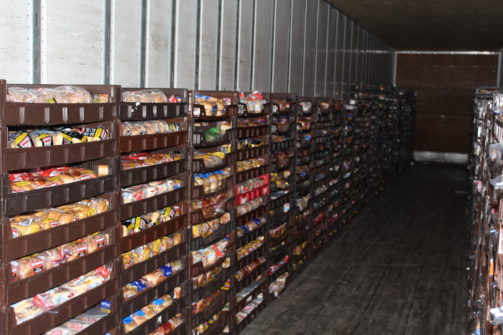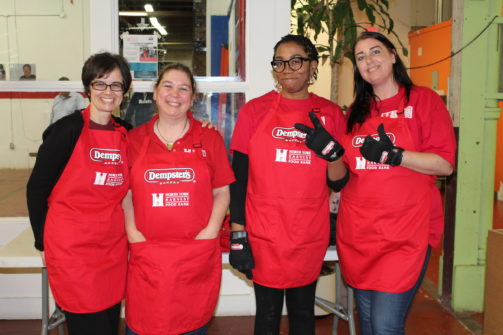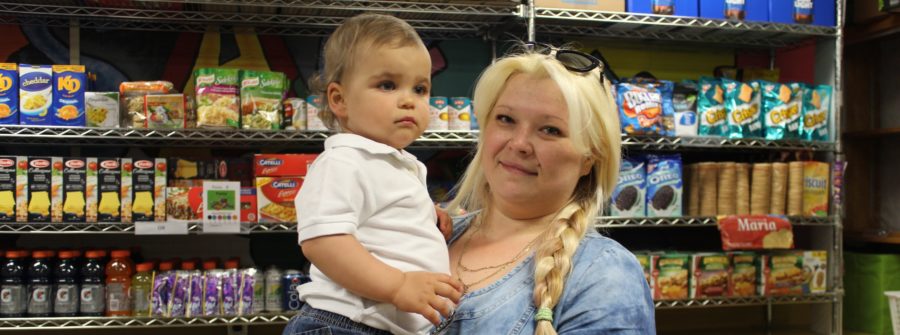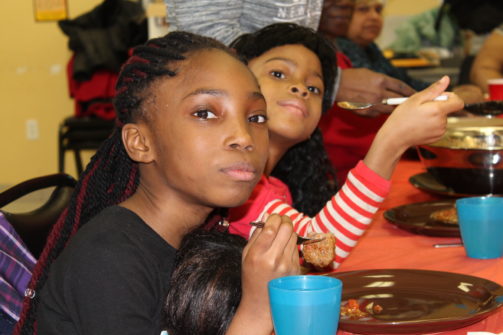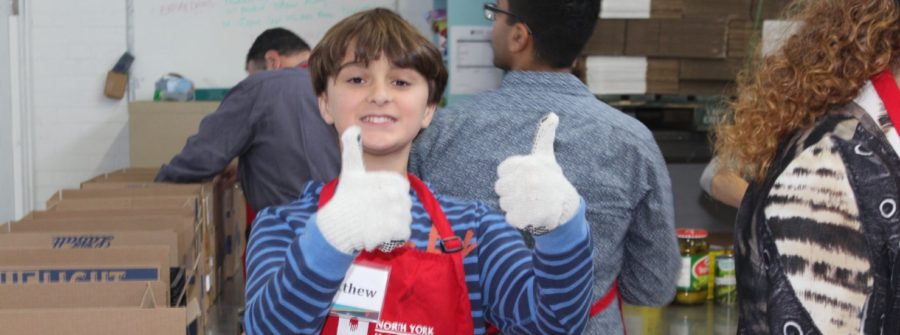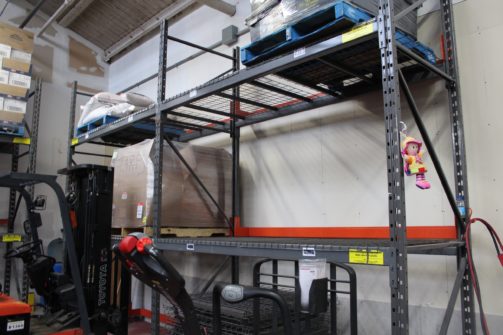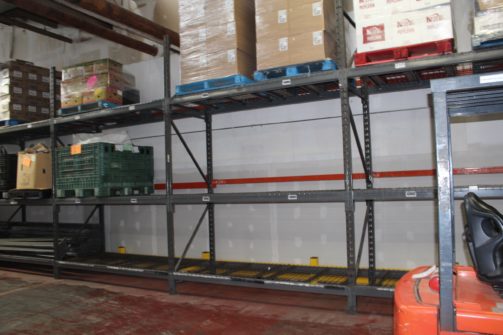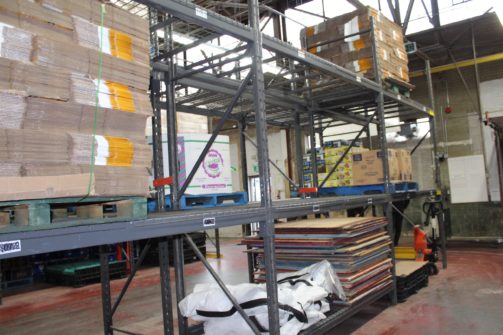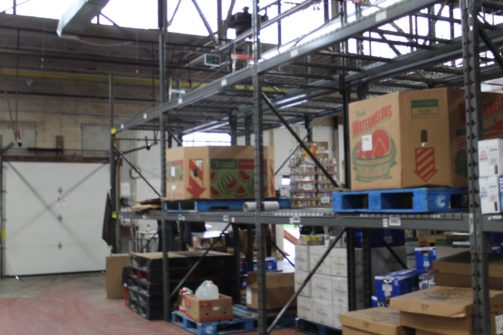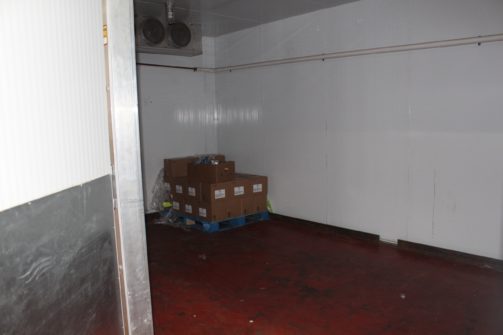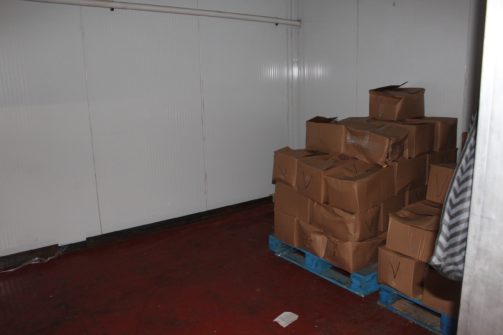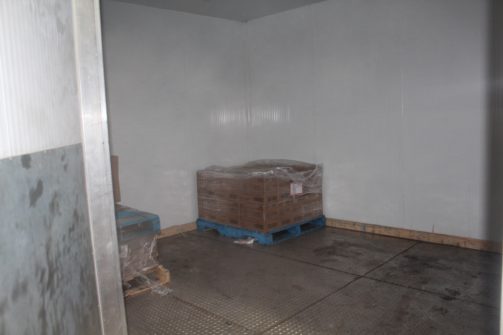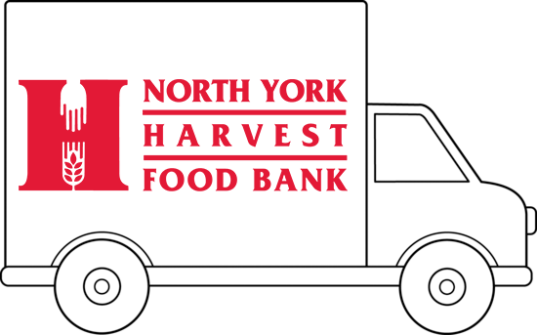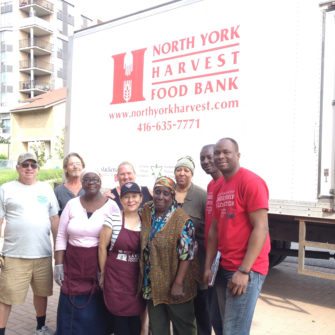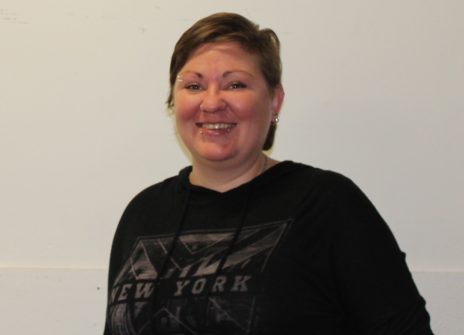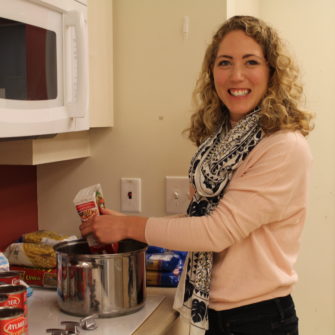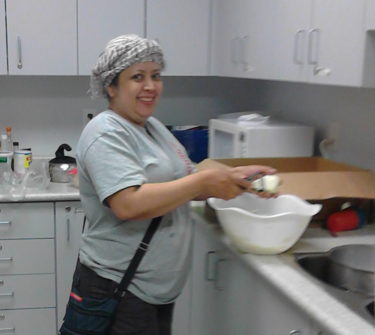Approach to COVID-19 Vaccination
Comments Off on Approach to COVID-19 VaccinationNorth York Harvest Food Bank’s approach to the COVID-19 pandemic is guided by our organizational responsibilities to workplace health and safety and our commitment to human rights. Just as we believe that all community members have a right to food, we believe that access to health care resources should be provided free from discrimination. Sadly, our collective experience with COVID-19 demonstrates that this is not the case. Community consultations conducted by Toronto Public Health “stated that COVID-19 has laid bare and exacerbated long-standing systemic inequities related to poverty, racism and other forms of discrimination” and that “inequitable access to the social determinants of health has provided favourable conditions for COVID-19 to spread in populations already marginalized by existing inequities, particularly Indigenous, Black, racialized and low-income communities”.[1] To state it bluntly, our community members are at disproportionate risk of contracting COVID-19 but not as likely to be able to access appropriate protections.[2]
As an organization, we have spared no expense to make our workplaces and food spaces safe, to protect the health of our workers and to maximize access to emergency food assistance in our community. We have committed to use guidance from public health experts as a minimum operating standard for all of our work. This approach extends to vaccines. While vaccinations provide individual protections from COVID-19, the primary goal of a vaccination campaign is to establish “herd immunity” whereby the majority of the population is immunized and COVID-19 can no longer spread.[3] Our community will not be safe until this threshold is met. As a result, North York Harvest Food Bank joins with Toronto Public Health to strongly encourage all Torontonians to get vaccinated if they are eligible to do so. While we acknowledge that vaccination is an individual choice and that people may have valid reasons for not receiving a vaccination, we strongly believe that choosing to be vaccinated is an important way that all eligible Torontonians can support our work and our community.
North York Harvest Food Bank will facilitate COVID-19 vaccinations in any way that we can. This includes using our food spaces to provide information and opportunities for vaccinations to our community members.
The availability of safe and effective vaccines provides us with a powerful tool to combat COVID-19. I thank you for your commitment as we lend our support to local vaccination campaigns.
Sincerely,

Ryan Noble
Executive Director
Additional Information on COVID-19 Vaccinations
Vaccine fact sheets from the government of Ontario
Information on the rollout of vaccines from Toronto Public Health

